Emergencies don’t send you a memo before they strike. I’ll never forget the time a freak ice storm hit our area, knocking out power for days. The cold crept in faster than I expected, and while we managed just fine thanks to some solid preps, it was a wake-up call about how quickly things can go sideways.
Whether it’s a sudden storm, a power outage, or something bigger, being ready can mean the difference between getting through comfortably or scrambling in the dark. Here are 24 practical, no-nonsense survival tips to help you stay ahead of the unexpected.
1. Keep a Stash of Clean Drinking Water
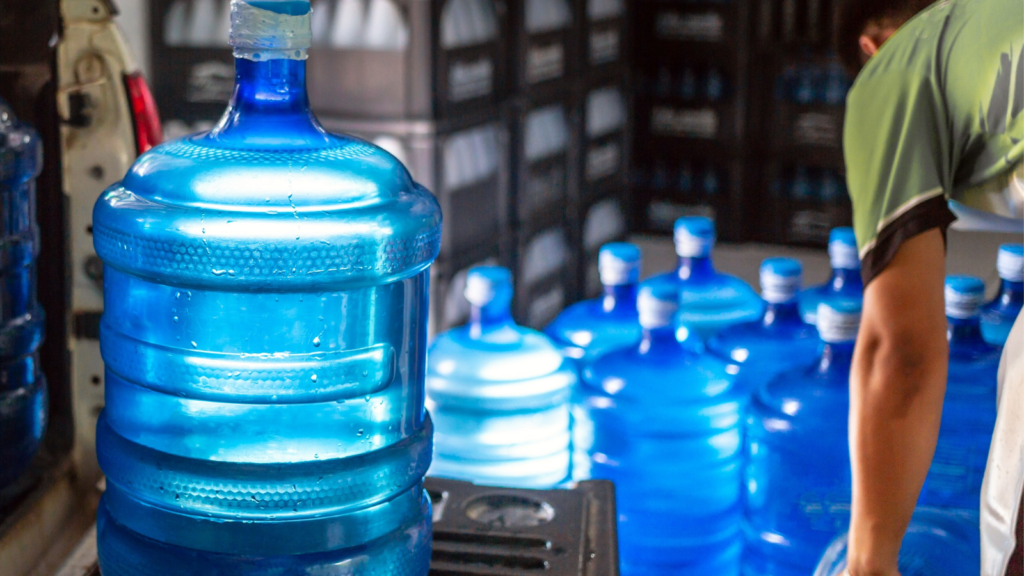
Water is the first thing to run out during an emergency. Aim for at least one gallon per person per day for drinking and hygiene, with a minimum three-day supply. Store water in food-grade containers or invest in collapsible jugs to save space. Don’t forget a reliable water filter or purification tablets for backup. If space is tight, consider water pouches or stackable containers designed for long-term storage.
2. Build a 72-Hour Emergency Kit
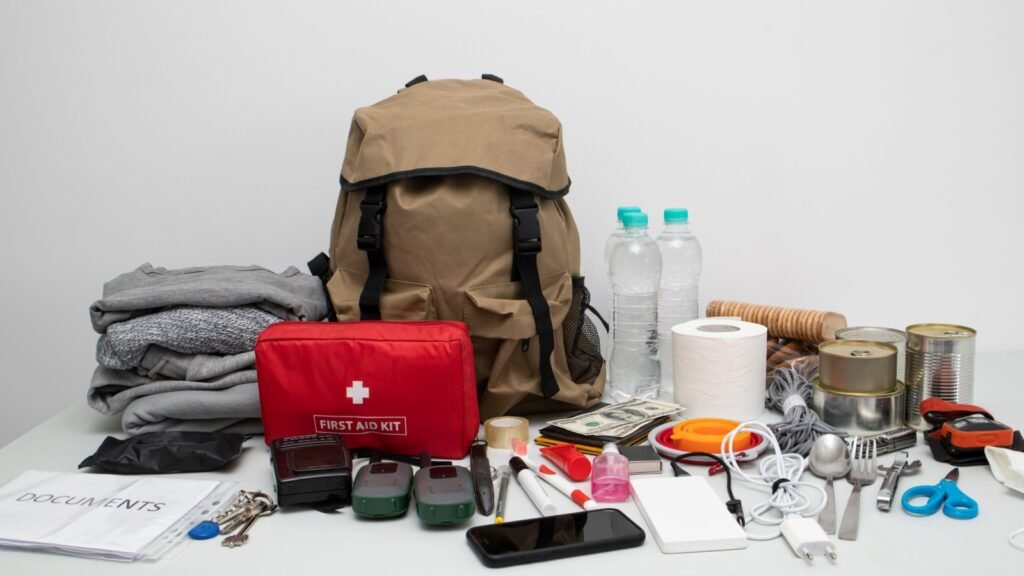
A 72-hour kit is your lifeline in a crisis. Pack essentials like food, water, a first aid kit, a flashlight, extra batteries, and a multitool. Tailor it to your family’s needs—include medications, pet supplies, and comfort items for kids. Keep it easily accessible, like in a closet near the front door. Periodically review and update the kit to account for seasonal changes or expired items.
3. Know How to Shut Off Utilities
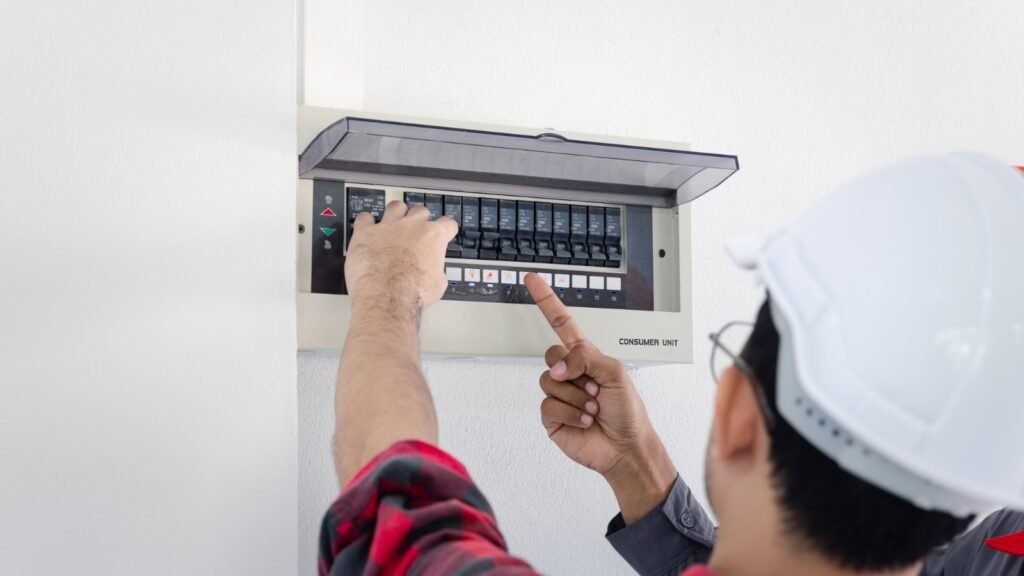
In a disaster, gas leaks and electrical fires can be bigger threats than the event itself. Learn how to shut off your home’s gas, water, and electricity. Keep tools nearby and make sure everyone in your household knows the drill. Practice shutting off utilities during non-emergency times so you can do it quickly under pressure.
4. Store Non-Perishable Food Wisely

Focus on shelf-stable foods like canned goods, rice, beans, and pasta. Rotate your stock regularly—use the “first in, first out” rule to prevent spoilage. Include a manual can opener, because electric ones won’t work when the power’s out. Opt for foods your family actually enjoys to avoid unnecessary stress during tough times.
5. Invest in a Quality First Aid Kit

A basic first aid kit is good, but a comprehensive one is better. Include items like tourniquets, antiseptics, and sterile gauze. Learn basic first aid skills, too—they’re as important as the gear itself. Supplement your kit with extras like burn cream, antihistamines, and medical gloves for a more complete setup.
6. Master Basic Fire Starting Skills

Fire provides warmth, light, and the ability to cook food. Keep waterproof matches, a ferro rod, and a reliable lighter in your emergency kit. Practice starting a fire with each method so you’re not fumbling when it counts. Pack tinder materials like cotton balls coated in petroleum jelly to make fire starting even easier.
7. Carry a Multitool Everywhere
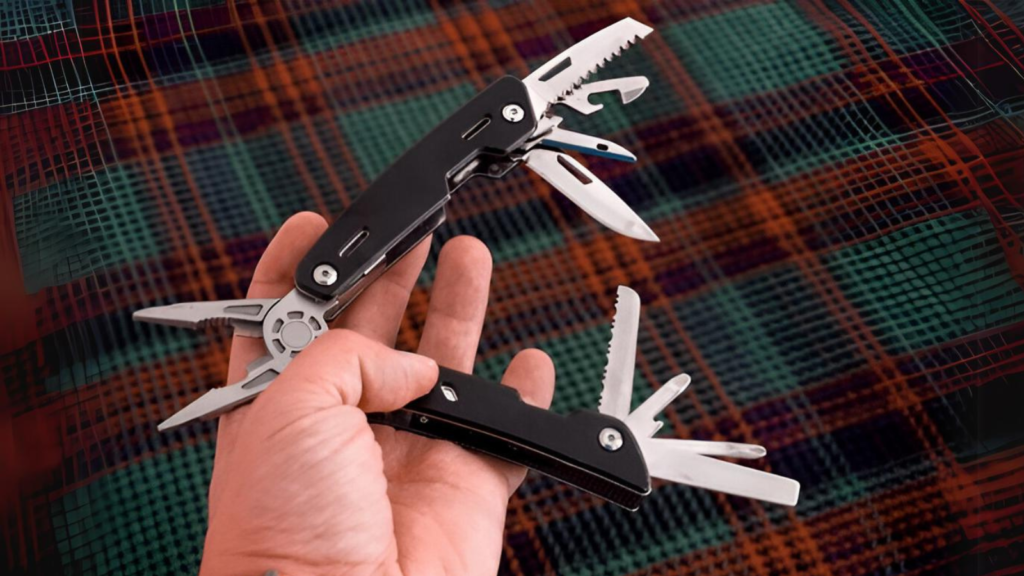
A good multitool is like a portable toolbox. Whether you’re cutting cordage, tightening screws, or opening a can, it’s the most versatile piece of gear you can own. Keep one in your car, kit, and pocket. Choose a model with locking tools for added safety during use.
8. Learn How to Use a Compass
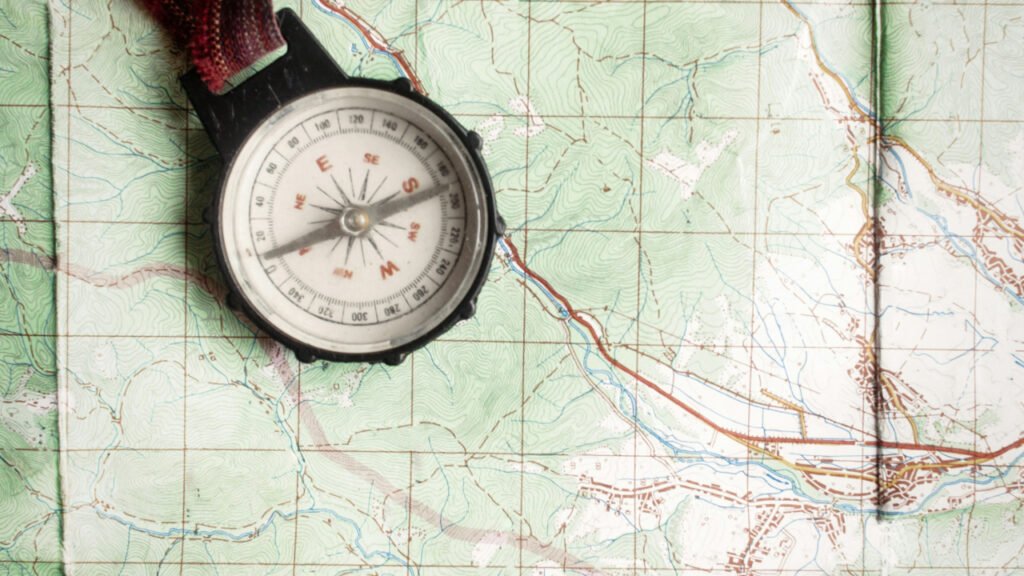
GPS is great—until it isn’t. A compass and a paper map never lose battery or signal. Spend a weekend practicing orienteering so you’re confident finding your way if tech fails. Mark important locations like shelters and water sources on your map ahead of time.
9. Have an Emergency Radio
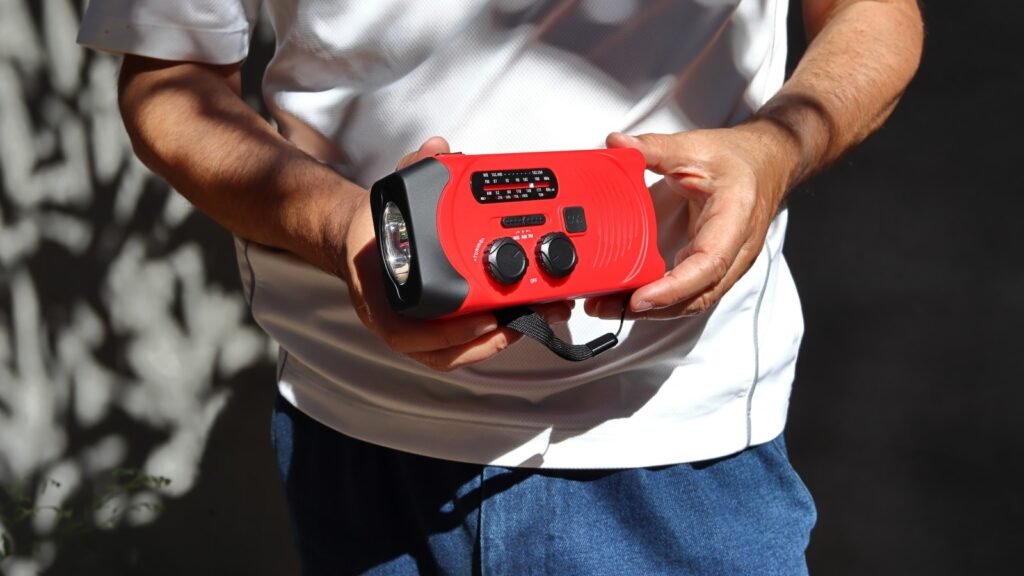
Staying informed during a disaster is critical. A hand-crank or solar-powered emergency radio lets you tune into weather updates and emergency broadcasts. Some models even double as power banks for charging devices. Test your radio regularly to ensure it’s in working order when you need it.
10. Prepare for Blackouts
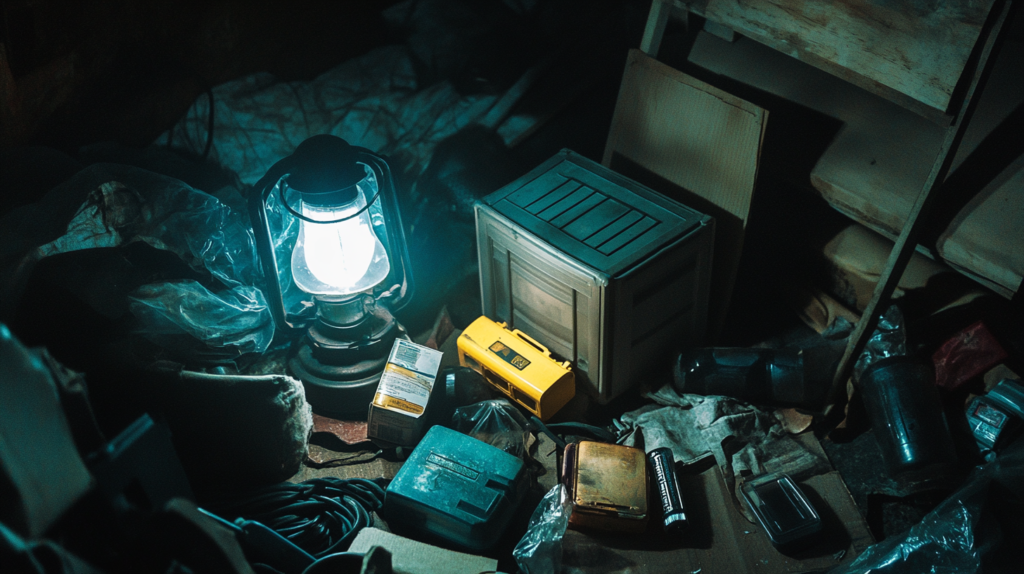
Candles are romantic, but battery-powered lanterns are safer and brighter. Stock extra batteries, and consider rechargeable options paired with a solar charger. Don’t forget glow sticks for quick, safe lighting. Add blackout curtains to trap warmth and maintain privacy when the power’s out.
11. Practice Situational Awareness

Knowing what’s happening around you can help you avoid danger. Stay alert, trust your instincts, and have an exit strategy in crowded or unfamiliar places. This skill is invaluable in emergencies. Use simple drills, like observing exits in public spaces, to make awareness second nature.
12. Stock Up on Warm Blankets

If the heat goes out in winter, hypothermia becomes a real risk. Wool and fleece blankets are excellent for retaining body heat. Space blankets are another compact, effective option. Layer multiple blankets for maximum insulation and focus on covering extremities.
13. Plan for Communication

Cell towers may be down, so have a backup plan. Family radios or walkie-talkies are great for short-range communication. Establish a check-in point and time with loved ones before an emergency. Create a list of emergency contact numbers and share it with family members.
14. Learn to Purify Water

Even if you have water stored, knowing how to make questionable water safe is vital. Boiling is the simplest method, but portable filters or UV purifiers are faster and easier for on-the-go use. Test your purification method beforehand to ensure you’re familiar with it in a pinch.
15. Keep a Sturdy Pair of Shoes
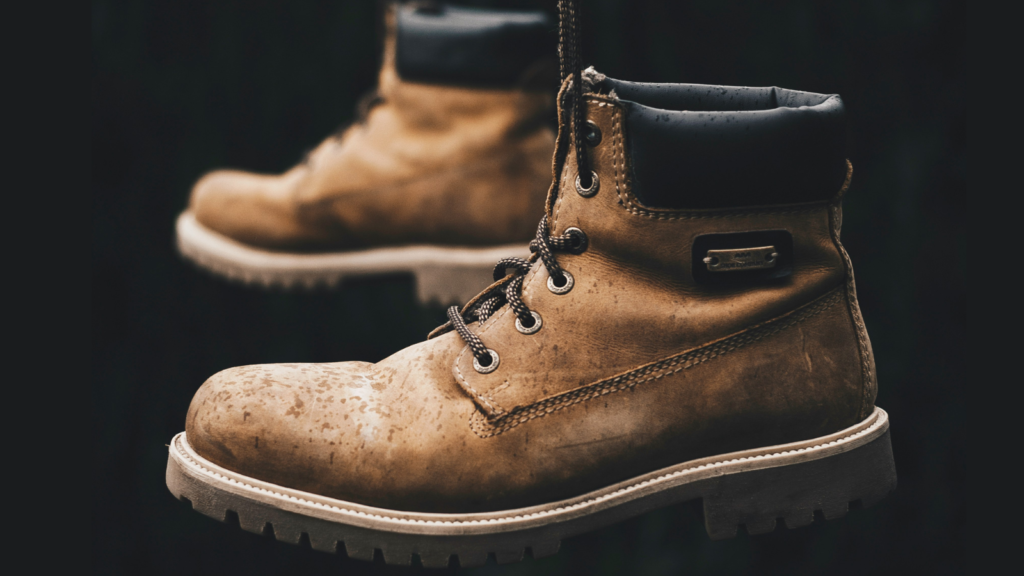
Emergencies often require walking or even running. Keep a pair of durable, comfortable shoes near your door or in your car. Steel-toe boots are a smart choice if debris is a concern. Add moisture-wicking socks to prevent blisters during extended wear.
16. Practice Home Security
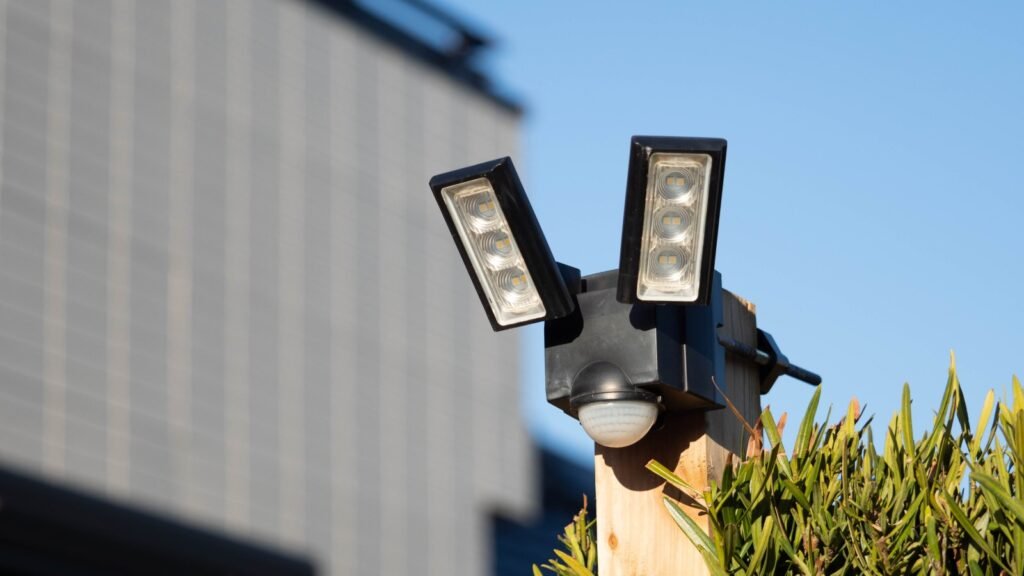
In chaotic times, break-ins can spike. Reinforce door frames, install motion-detecting lights, and keep an eye on blind spots. Don’t forget a trusty dog—they’re excellent deterrents. Regularly inspect locks and windows to ensure they’re secure and functional.
17. Have Cash on Hand

When the power’s out, card readers don’t work. Small bills are best, as many people won’t have change. Store the cash in a safe but easily accessible spot. Keep coins on hand as well for vending machines or tolls.
18. Learn Basic Self-Defense
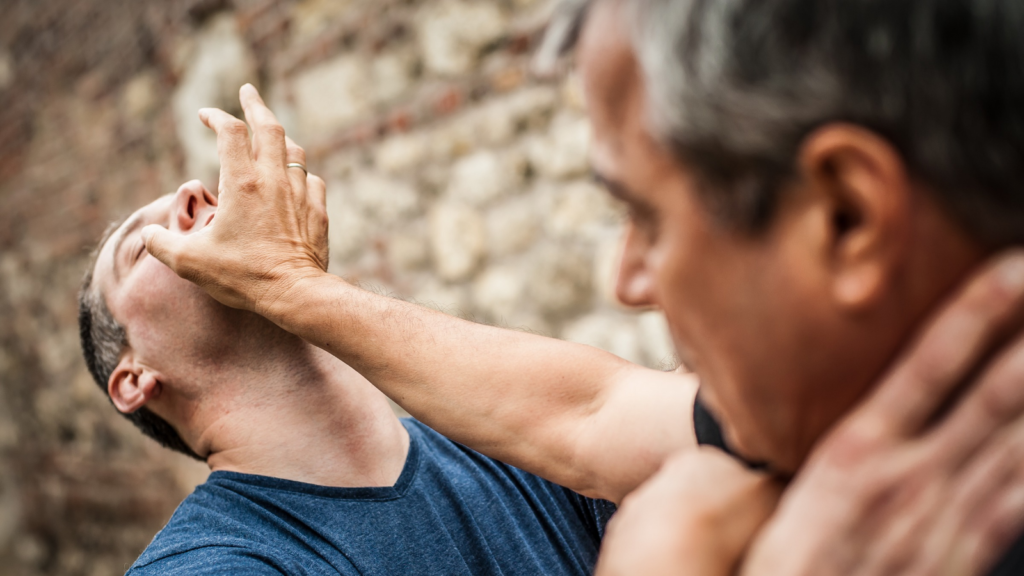
You don’t need to be a martial arts expert, but knowing how to defend yourself can save your life. Focus on practical techniques that create space for escape rather than combat skills. Consider taking a self-defense class to build confidence and muscle memory.
19. Pack a Portable Charger
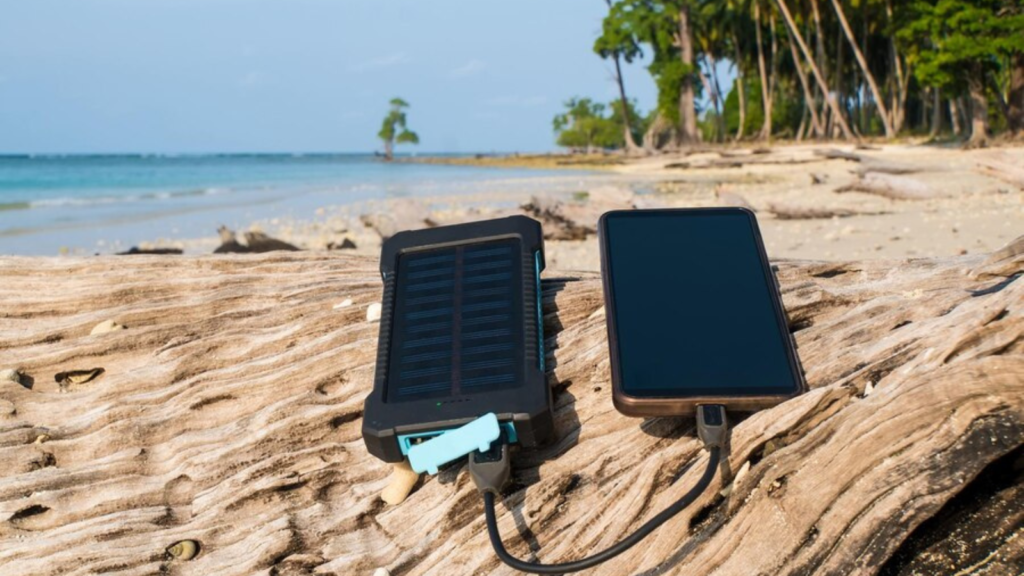
A dead phone is useless in an emergency. Solar-powered or crank chargers are excellent for staying connected when electricity is unavailable. Keep one in your bag, fully charged, and test it regularly. Choose a model with multiple ports so you can charge several devices simultaneously.
20. Make Copies of Important Documents
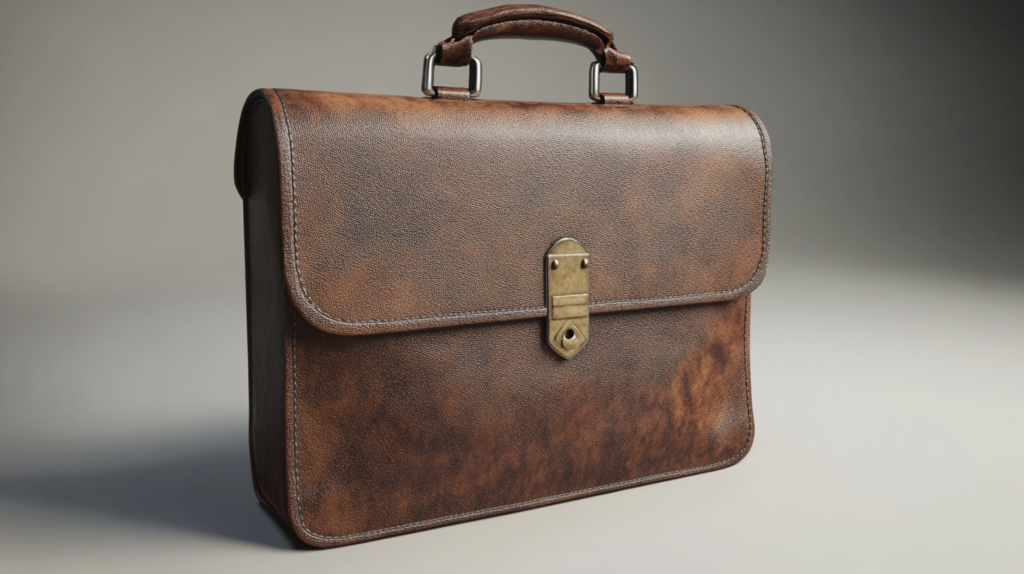
Keep physical and digital copies of IDs, insurance policies, and medical records. Store them in a waterproof, fireproof container or on a secure flash drive. Having this information handy can save you serious headaches. Update your documents regularly to ensure they remain accurate.
21. Keep Extra Fuel
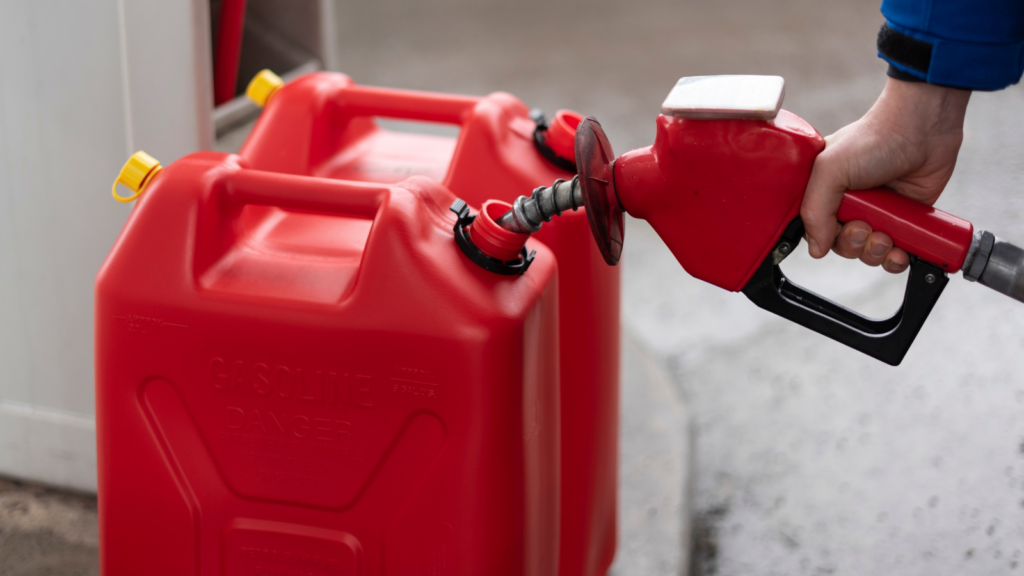
Gas stations often run out during emergencies. Safely store extra fuel for your car, generator, or camping stove. Use approved containers and rotate the fuel to keep it fresh. Add a fuel stabilizer to extend its shelf life and prevent degradation.
22. Practice Basic Navigation
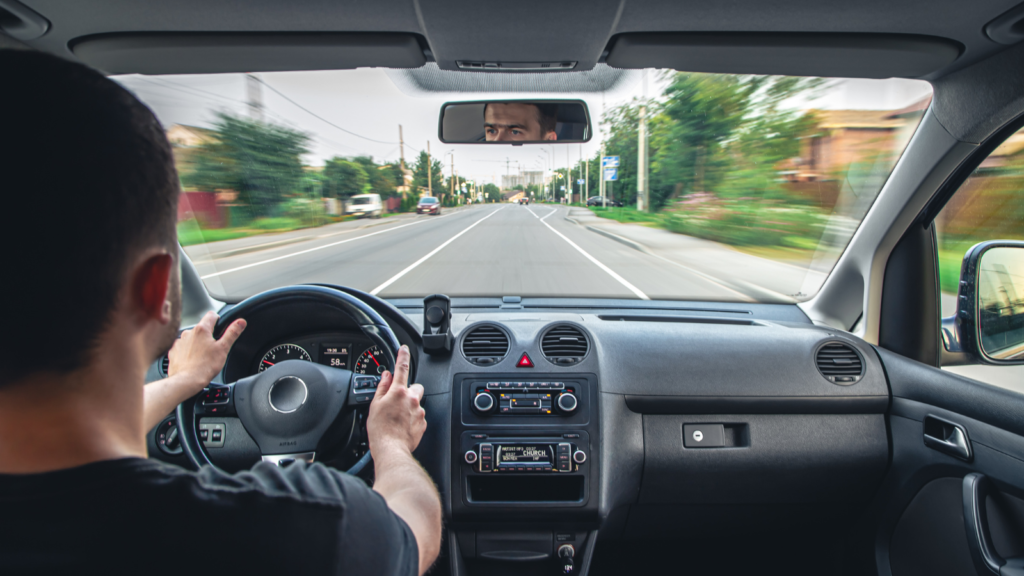
If roads are blocked or GPS fails, knowing alternate routes or how to navigate by landmarks can save you hours. Scout out escape routes from your home and workplace in advance. Practice driving or walking these routes to familiarize yourself with potential obstacles.
23. Stay Calm Under Pressure

Panic clouds judgment and leads to mistakes. Practice deep breathing or grounding techniques to stay focused. The more you prepare, the more confidence you’ll have when things go wrong. Remind yourself that staying calm helps you make better decisions for yourself and others.
24. Get to Know Your Neighbors

In an emergency, community support is invaluable. Share resources, skills, and information. A trusted neighbor can watch your home if you need to evacuate or help you out of a tight spot. Build relationships now so you can rely on each other when it matters most.

